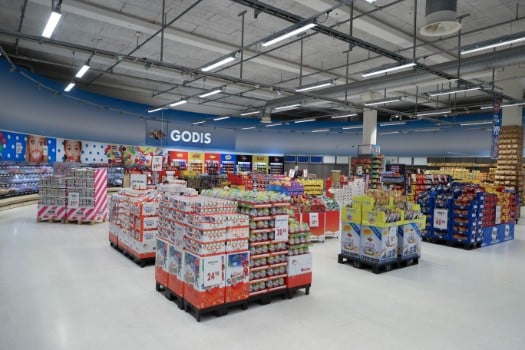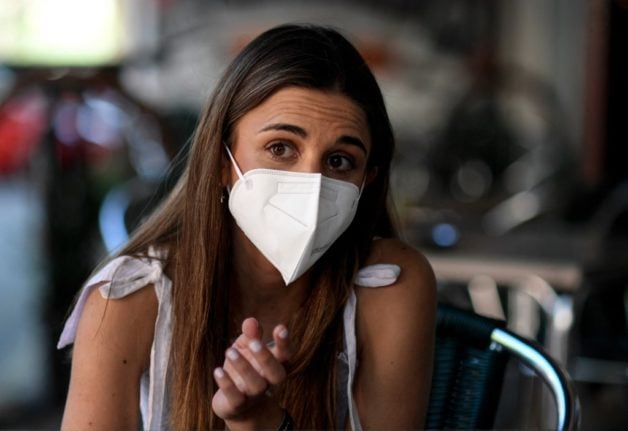Towns such as Charlottenberg, which sits on the Swedish side of the border to Norway, have seen their retail sectors ravaged by the corona crisis due to Norwegians no longer popping over the border to stock up on cheap goods.
One shop owner in the town told the FT he had lost 90 percent of his business since mid-March when the border was closed.
“A lot of shops around here will go bankrupt. We’ve lost lots of good employees, who have moved to jobs in schools, hospitals. I think it will get back to normal, but it will take some time — maybe a year or even two years,” the shop owner said.
At the Nordby centre – Sweden’s largest shopping mall – revenues have dropped by 95 percent. It is situated minutes from the border to Norway and is in easy driving distance from Oslo.
While the Norwegian government re-opened its border with the rest of the Nordic region this week it chose to keep the border to Sweden closed due to the country’s high Covid-19 infection rate.
That means that Norwegians who used to cross the border to get a deal on goods that have significantly less VAT on them still can’t do so.
Shops on the Norwegian side of the border meanwhile have benefited from the crisis, with some reporting an uptick in sales of around 70 percent. Some in Norway say this is a positive, as it means people can't get around high taxes on products which have negative impacts on public health such as tobacco and alcohol.
But Norway’s strategy has been criticized by local politicians on the Swedish side of the border who point out that their towns have low infection rates.




 Please whitelist us to continue reading.
Please whitelist us to continue reading.
1. This was caused by Norway, not Sweden.
2. What kind of a “business” is to sell products to foreigners who come from a more expensive country?